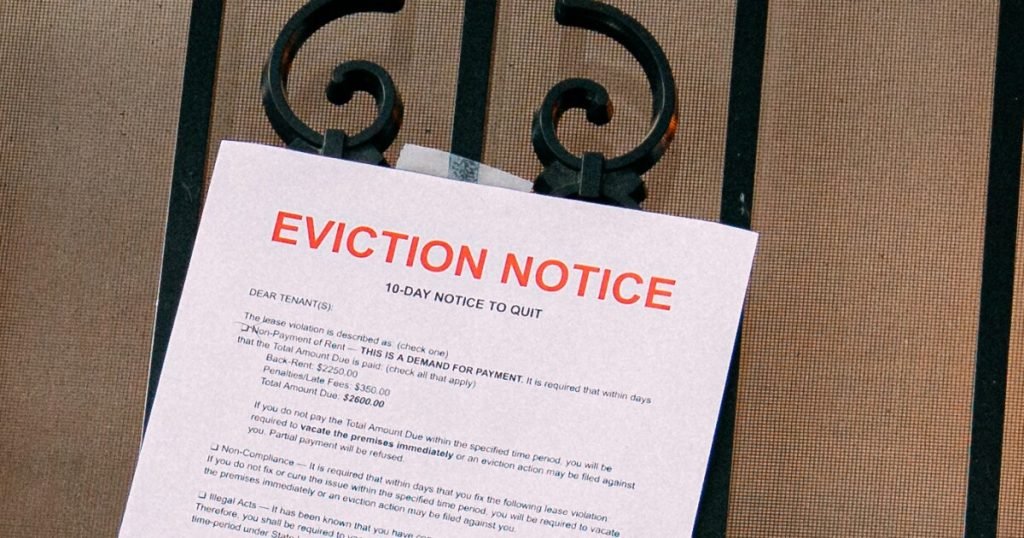Landlords in Maricopa County filed for more evictions in 2024 than ever before. The number of eviction cases filed last year was 87,197, breaking a record dating back to 2005.
“We’re seeing that number go up and up throughout the year,” said Maricopa County Justice Court spokesman Scott Davis.
Davis said the number of applications typically slows down in the winter, but that wasn’t the case this season.
“Just last month we had our busiest December ever with over 7,000 eviction filings, so that was a bit of a surprise,” Davis said.
Not all eviction filings result in you losing your home. However, the increase in eviction cases has the following effects: Homelessness is increasing nationwide and remain Located very high up in metro Phoenix. According to a report by the Maricopa Association of Governments, people People in the Phoenix area are nearly twice as likely to be homeless. Homeless people are looking for housing.
Maricopa County Justice Court data shows eviction filings have steadily increased since pandemic-era renter protections ended. Last year, the number of eviction filings increased by about 27% compared to 2019, the last year before the pandemic.
Population growth, lack of affordable housing, and high rents are contributing to the rise in cases.
As of 2022, approximately 27% of multifamily rental households in Maricopa County are severely cost burdened, spending more than half of their income on rent. According to MAG.
Davis said it’s important to maintain close communication with the landlord if a tenant is unable to pay rent on time.
“The more tenants talk to their landlords upfront, the more landlords will work with those tenants and give them a few extra days in some cases,” Davis said. spoke.
Although the number of eviction filings is increasing, Davis said more tenants have been attending eviction hearings in recent years. During the COVID-19 pandemic, courts began allowing tenants to attend virtual hearings, which became a popular option, Davis said. Davis said that before the pandemic, tenants missed court in 30 to 40 percent of cases, but now that rate has dropped to less than 25 percent.
“They may still be sentenced to eviction, but they are participating in the process. They learn what they could have done differently and where to go for help.” Davis said.
Davis said about one-third of tenants have been able to have their eviction cases sealed from public records in the past few years since the Arizona Legislature changed the law to streamline the sealing process.
“If tenants can prevent these declarations from showing up on background checks, it will help all future housing,” Davis said.







